Surviving winter whilst managing menopause
The dark dreary months of post-Christmas, but pre clocks changing in late March can be tough for anybody at the best of times, but when you are in the throes of menopause, your mood can feel as dark as the days. This window of time can feel like you’re in limbo, not wanting to wish precious time away, but waiting for the first available second it is acceptable to get that massive sunhat out of storage and jump on a plane to warmer climates.
Can you relate?
Conditions like seasonal affective disorder (SAD) affect one in three people in the UK, so with this already prevalent, it is no wonder that women suffering from anxiety, mood changes and depression due to menopausal hormonal fluctuations can often feel much worse in the Winter months. It is thought that the dark days mean less exposure to sunlight, which causes more melatonin to be made, and results in a sleepier and less motivated mood.
On top of this, serotonin levels in the brain fluctuate with the seasons… not ideal when you’re in perimenopause and your serotonin levels are already being depleted due to imbalanced oestrogen levels.
Let’s not forget all those other symptoms that inconveniently feel somewhat worse during the colder months – weight gain, cravings, dry skin, joint pain, low libido, fatigue, and brittle nails and hair.
What can I do about it?
Get outside
Studies have shown that by going outside for a 1 hour walk during the middle of the day can significantly decrease the sleepy mood often developed during winter. This daily influx of natural light will prevent over production of melatonin so that you feel more awake and alert.
Vitamin D
By going outside you are taking in more vitamin D which activates the ‘happy hormone’ serotonin, which helps prevent feelings of depression. If you are in a particularly dark area of the world (hello UK!), it’s best to include lots of vitamin D rich foods, like eggs, oily fish, good quality organic meats and dairy products. If these are not part of your usual diet it may be worth a daily vitamin D supplement.
Exercise
Exercise at any stage of life is so important for your mood, metabolism, bone mineral density and joint health. The drop in oestrogen and progesterone during menopause causes less support to ligaments and joints as well as a fast decline in bone mass, so resistance and weight bearing exercises are key in improving joint and bone health. On top of this, exercise boosts serotonin, dopamine and endorphins which will work wonders for your mood in those winter months.
Tryptophan rich foods
Tryptophan is an amino acid precursor to serotonin production – you may be noticing a serotonin theme here! By eating foods rich in tryptophan will help with serotonin synthesis and improve your mood. These foods include good quality organic chicken and turkey, fish, nuts, sunflower seeds, pumpkin seeds, milk, cheese and eggs.
Anti-inflammatory foods
Inflammation can increase as we approach menopause because oestrogen helps keep inflammation in check, and progesterone is naturally anti-inflammatory, which is why some women experience inflammatory symptoms like sore joints, swelling, puffiness, and gut issues. During the cold months these symptoms can be exacerbated by the weather, so by incorporating lots of lovely natural anti-inflammatory foods into the diet can work wonders. These include turmeric, berries, lots of varied vegetables, oily fish, olive oil, and beans/legumes.
Probiotic foods
Your gut is probably the most key component to your mood and your whole health in general. 90% of serotonin is made in the gut, so if you don’t have the right bacteria to make serotonin then you may find that you suffer with low mood and anxiety. The best way to create an optimum environment of good gut bugs is by eating a diverse, whole food diet with lots of colourful and varied fruit and veg, and to include fermented foods such as kefir, kombucha, sauerkraut, kimchi and natural yoghurt. Having the right gut bacteria is also key in helping to prevent unwanted menopausal weight gain, as it will reduce unfavourable strains of bacteria that crave sugar.
If you are experiencing symptoms of hormonal imbalance and would like some personalised nutrition, exercise and lifestyle support, book your free 20 minute nutritional consultation with Tap Into Your Health.




